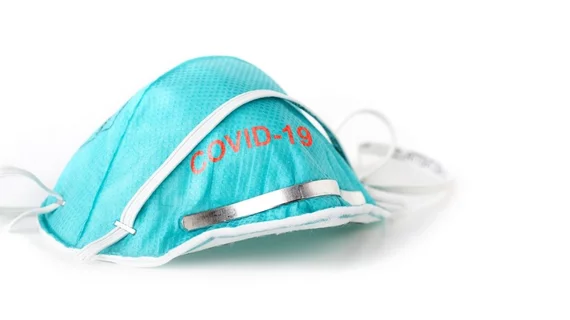Pfizer says its pill remains 89% effective against COVID-19 in final study results
Pfizer has released final data showing its COVID-19 pill remains 89% effective at preventing hospitalization and death, the company announced Tuesday.
Back in November, the health giant reported early positive results in 1,219 patients. The full findings from 2,246 high-risk patients confirmed its pill—Paxlovid—staves off severe disease.
Pfizer also noted its antiviral drug worked in lab studies against the Omicron variant. Company officials believe the oral medication may be a key tool in the battle against the ongoing pandemic.
“This news provides further corroboration that our oral antiviral candidate … could have a meaningful impact on the lives of many, as the data further support the efficacy of Paxlovid in reducing hospitalization and death and show a substantial decrease in viral load,” Pfizer Chairman and CEO Albert Bourla explained. “Emerging variants of concern, like Omicron, have exacerbated the need for accessible treatment options for those who contract the virus, and we are confident that, if authorized or approved, this potential treatment could be a critical tool to help quell the pandemic.”
New York-based Pfizer last month formally asked the Food and Drug Administration to authorize its pill for emergency use in high-risk patients. This new data has also been shared with the FDA as part of an ongoing bid for emergency use authorization.
An entire treatment course of Paxlovid includes taking 30 pills over five days. Patients would take two Paxlovid pills and one antiviral medication called Ritonavir.

